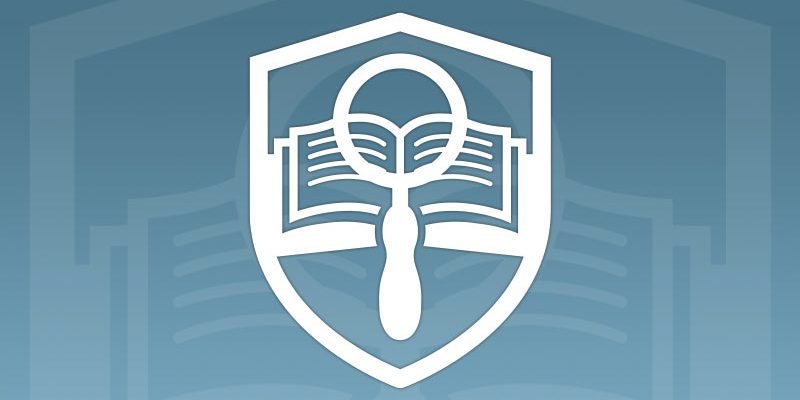Third-party whistleblower hotlines are a service used by many organizations in both the public and private sectors. The intent of these hotlines is to give employees the ability to make anonymous whistleblower complaints through a mechanism outside the organization. One perspective is that this will give employees more confidence in coming forward as it affords a degree of separation from the employer. There have, however, been significant issues with the use of whistleblower hotlines for the purposes of making disclosures under the Act.
In addition to managing and investigating disclosures of wrongdoing, designated officers also have a statutory responsibility to give advice to employees who are considering making a disclosure. They are required to be familiar with the Act and the organization’s whistleblower procedure so they may give employees advice. Organizations that utilize third-party whistleblower hotlines put employees in touch with operators potentially depriving them of needed advice about the Act or the organization’s whistleblower procedures. Moreover, the Act does not contemplate protections for employees who seek advice from third-party hotlines.
The issue is further complicated when the organization use third-party hotlines for employees to report issues that are not considered wrongdoing under the Act. As a result of using the hotline, an employee may believe they are entitled to whistleblower protection; however, the issue may not be treated as a whistleblower complaint when reported back to the employer. The Commissioner’s office is currently investigating and seeking to remedy instances where this has occurred.
The Commissioner’s office strongly discourages public sector organizations from using third-party whistleblower hotlines as a mechanism for employees to make public interest disclosures under the Act. Employees who wish to make disclosure of wrongdoing external to their employee should be referred to the Public Interest Commissioner’s office.


